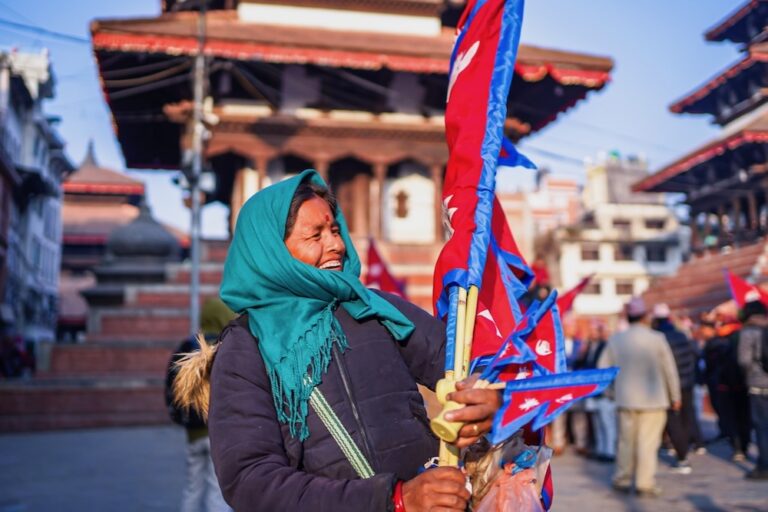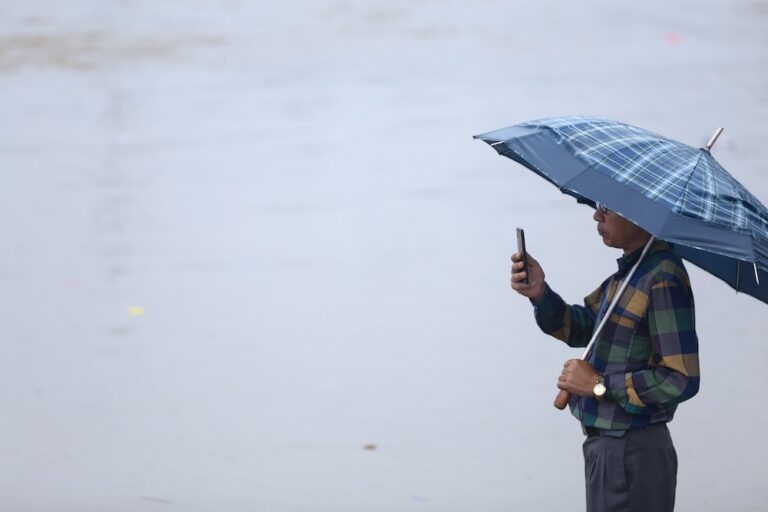According to the Freedom Forum's information, impunity is behind the rising number of threats against the media.
(Freedom Forum/IFEX) – In 2010, the media and media workers did not breathe a sigh of relief or experience respite – their profession was reeling from the frequent incidence of threats, attacks, harassment and obstruction. It was difficult for journalists to freely exercise their constitutionally-guaranteed right to freedom of expression, and they were compelled to censor themselves for reasons of personal safety.
Generally, a lack of professional and personal safety for media personnel, a lack of professionalism, growing politicization in journalism and lawlessness have been the major triggers of self-censorship in Nepal. Rising numbers of murders, life-threatening assaults, obstruction and vandalism from various quarters resulted in psychological effects on journalists that ultimately manifested in self-censorship. Consequently, this brought about detrimental effects in in-depth reporting and investigative journalism.
Journalists not only experienced inhumane torture and life-threatening assaults, but they also faced death and death threats when they dared to report the wrongdoings of political parties, sectarian interest groups, security personnel and even government officials.
During the year, a total of 107 incidents of press freedom violation took place that were related to covering the news. Over the period, three media entrepreneurs, including the chairperson of the Space Time Network, Jamim Shah, 47, the publisher of Janakpur Today, Arun Kumar Singhaniya, 50, and the chairperson of Community Radio Tulsipur, Devi Prasad Dhital (Hemraj), 45, were gunned down in broad daylight. The number of anti-press incidents, including the murders of three media owners, served as testimony to the fact that crimes against the media have increased and that journalists are still working in an environment of threats and attacks.
The press freedom violations include murders (3), abductions (2), displacements (2), attacks (16), obstruction (2), threats (37), manhandling (20), misbehavior (19), torchings (4) and looting (2).
Also, in 2010 the Nepali media did not witness any substantial policy reform on the part of the government, nor have any concrete measures been implemented to bring the perpetrators of press freedom violations to justice. The government did not make public the investigations carried out into the murders of the three media entrepreneurs, which increased the confusion, speculation and interpretations about the cases.
In the absence of clear laws and policy, the new problems of cyber crime and defamation have remained unaddressed. As well, unequal treatment by the government has increased a sense of insecurity among journalists. The situation reveals that freedom of expression and of the press are still being challenged.
Media credibility has also been questioned in some of the reporting, resulting in protests against and attacks on journalists. This has increased challenges for the sectors of the media that wish to report on genuine issues of public interest.


